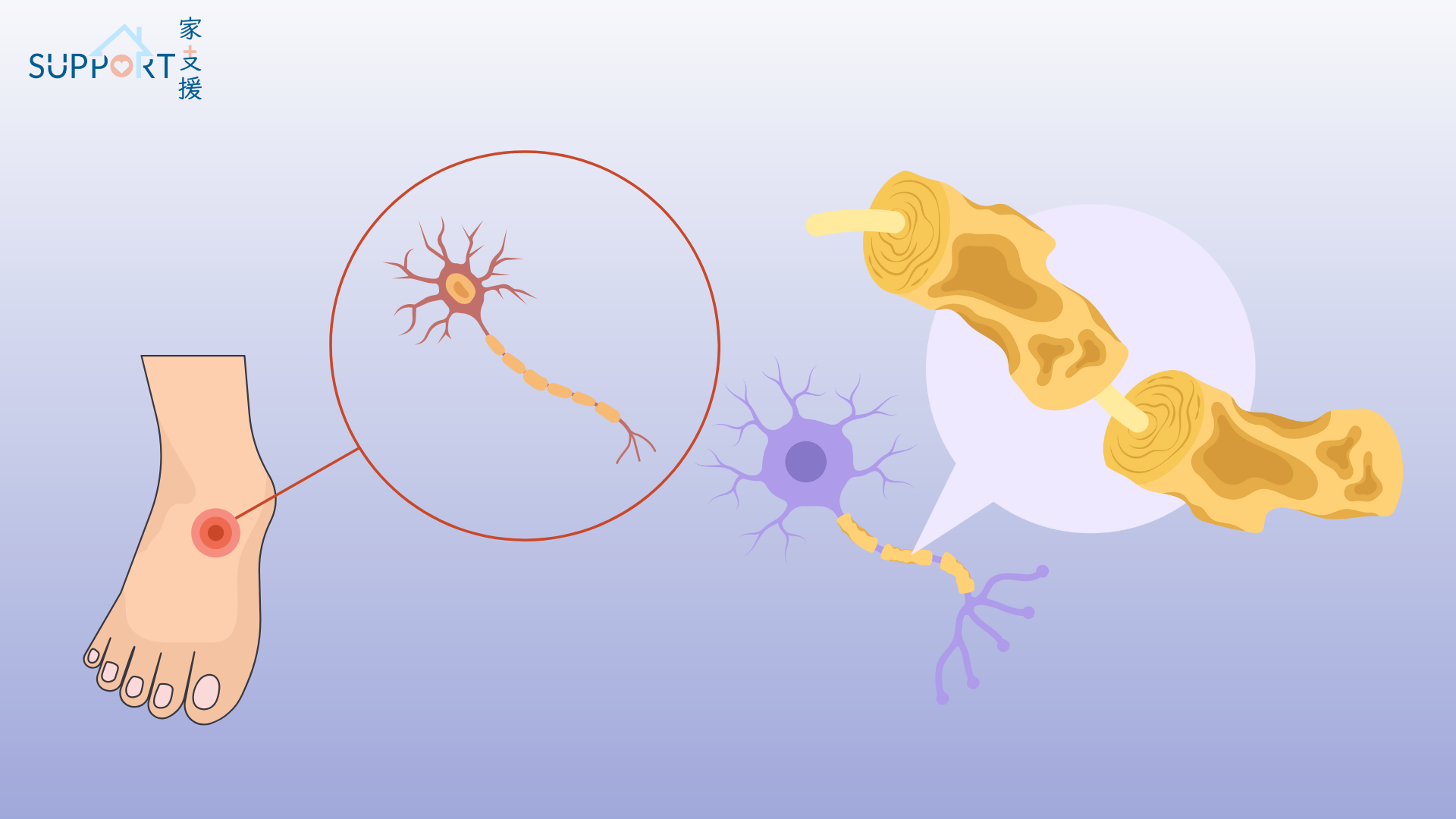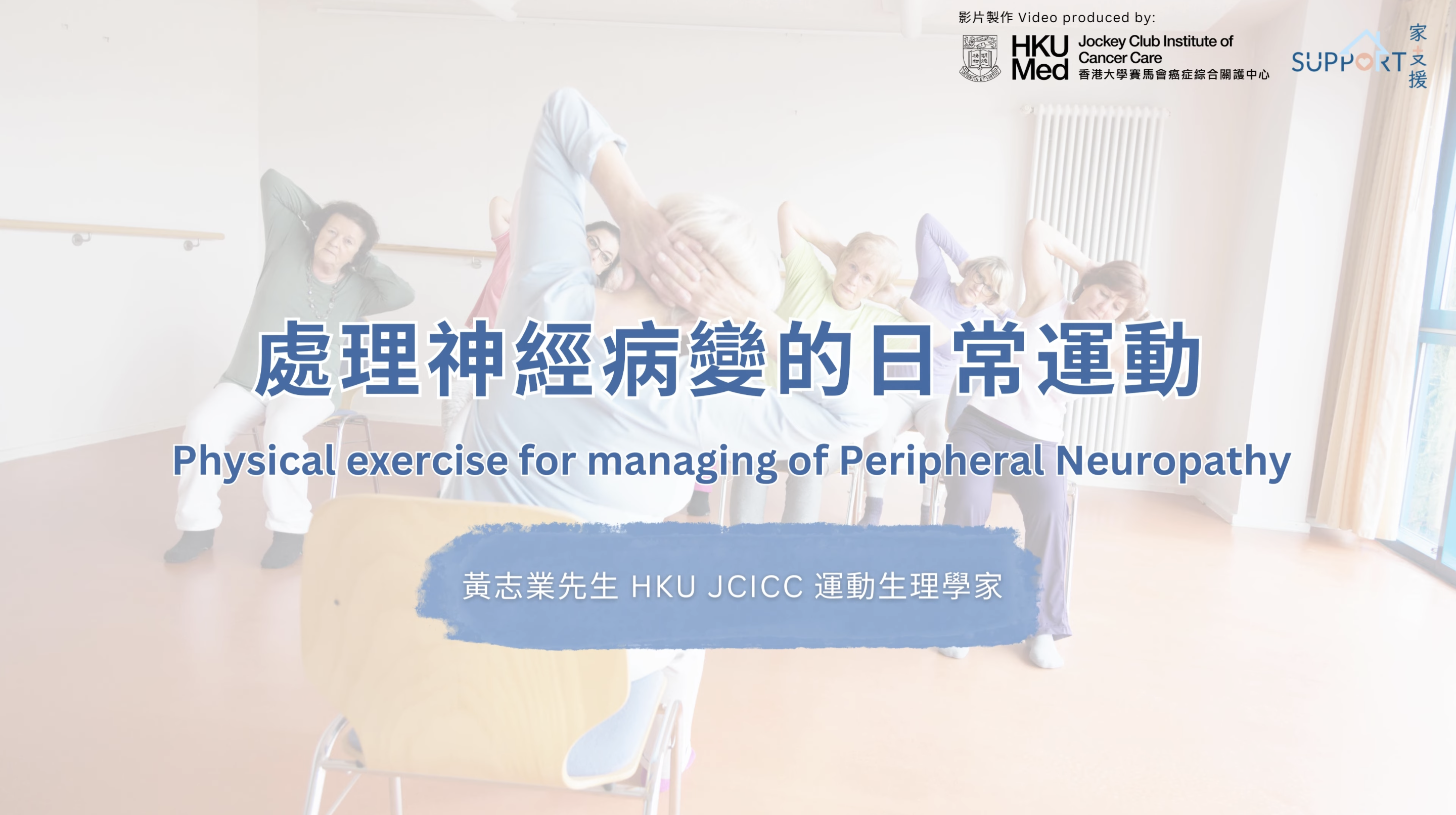1. What you need to know about neuropathies
- Neuropathies can take a long time to heal.
- Although neuropathies can’t be “switch off”, medication can help to manage severe pain. In most cases, neuropathies can be resolved within 1-2 years.
- The brain will gradually adjust to the damaged nerve input, “tuning out” the disturbing sensations into “background” or invisible sensations.
- Try to accept the neuropathy as temporary situation and continue with your life as normally as you can.
2. Keep an active lifestyle
- Do regular exercise, as this helps heal the body, promoting nerve growth and regeneration.
- Have a regular and good sleep pattern. Tiredness can intensify neuropathies, making it more difficult to ignore.
- Eat a healthy, mostly vegetable-based diet including tofu, beans, legumes and consume less animal protein.
- Minimise psychological stress and try to keep positive. Be patient and avoid being too pessimistic when dealing with problems.

3. Temperature
- Avoid extreme temperature (too hot or cold), as this may affect blood flow which can alter sensation and risk burns.
- Try applying warm and cool packs on the affected area to see if they offer any relief.
4. Massage
- Massaging the affected area may help to improve circulation and help stimulate both muscle and nerve growth.
- Keep using the affected limb, even you feel discomfort, as much as possible to prevent muscle loss.
5. Safety
- If you have severe loss of sensation in hands or feet, wear gloves and thick socks/ slippers/ indoor shoes around the house to help protect against injury.
- Pre-setting the water heater temperature to less than 48 °C, or asking a family member to test the water temperature before taking shower or washing dishes can prevent getting burnt.
- Be especially vigilant when cooking and using sharp objects, to avoid burns or cuts.
- Do not drive if you cannot sense the foot pedals.
- Avoid working at heights or using a steps/ladder, especially if you experience loss of sensation in your legs/feet, or have balance difficulties.
- Ensure good lighting at night and be careful of tripping.
6. Psychological responses
- Neuropathies can be distressing. Affected people can feel down or become depressed. If you are experiencing depression, don’t hesitate to seek help from your oncologist, family or friends. Professional counselors always are good to talk with and can provide professional advice.





